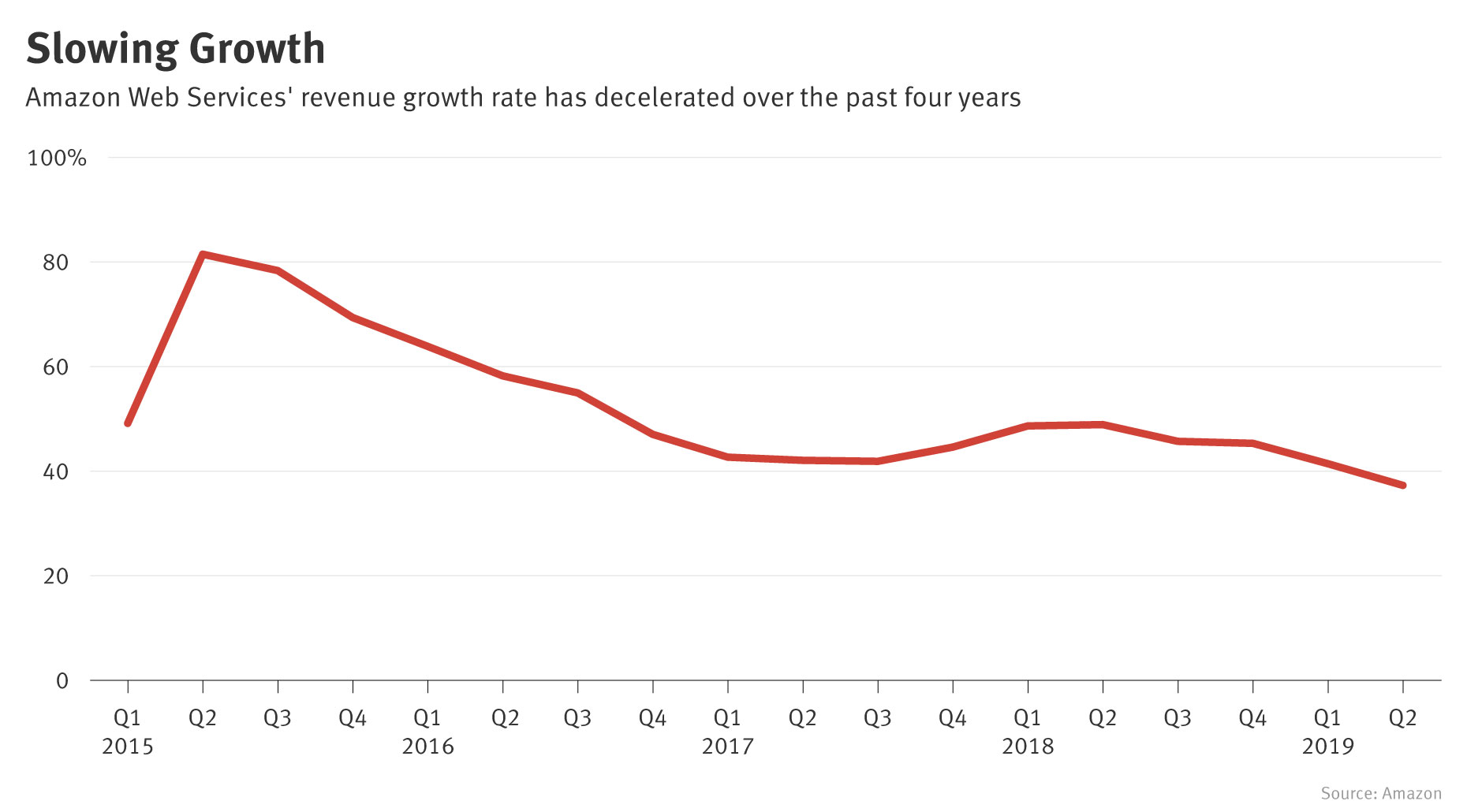Sections
Reboot
[avatar user=”malm” size=”small” align=”left” link=”file” /]
“If you want a vision of the future, imagine a boot stamping on a human face – forever.”
A claim that “the rancid old order is dying” and that “the political wind will soon change in favour of those demanding good government” has been made recently by Will Hutton in the Guardian. Hutton has form. He was talking about the State We’re In almost 25 years ago and the new neoliberal one that would emerge. It didn’t look much like where we are today. On the ground there are many reasons to be much less optimistic. Henry Kissinger the oldest neo-con of them all is still alive and eager on AI:
the growing transfer of judgment from human beings to machines denotes the revolutionary aspect of AI
The disaster capitalist cohort are still getting their way on Brexit and increasingly seeking to offshore and offworld themselves from the mess emerging on Earth:
Chaos is the profit multiplier for the disaster capitalism on which the new billionaires thrive. Every rupture is used to seize more of the assets on which our lives depend. The chaos of an undeliverable Brexit, the repeated meltdowns and shutdowns of government under Trump: these are the kind of deconstructions Bannon foresaw. As institutions, rules and democratic oversight implode, the oligarchs extend their wealth and power at our expense.
And they all want to live forever. Transhumanists with the capital and the will to see it through even if it means brain freezing:
Transhumanism is a patchwork of beliefs about how technology will enhance the human condition, maybe radically so. There are Extropians and brain uploaders, artists keen to paint in virtual worlds, and do-it-yourself biohackers ready to have electronic chips implanted in their bodies. One common thread, though, is the hope for super-longevity.
NYT suggest it shouldn’t be allowed but what practical means do authorities have to stop it:
life extension for a privileged few is, by its nature, a socially destructive technology, and the time has come to ban it. Take the evergarchs off their treatments, so that they start aging like everyone else, and don’t let anyone else get started.
Meanwhile, around the world the neo-con old is giving way to a rising tide of Neo-authoritarianism aided by technology. You can call out Brexit as hauntology, “a zombie cult that arose out of England’s two great neuroses: losing the Empire and winning the Second World War” and the ravings of a clown but it’s still a neo-authoritarian success story in the making.
And around the world millions are reaping the chaos the British Empire sowed. Old British colonies from Palestine and Kashmir to Hong Kong are going backwards to their future:
Darkness has descended on the former princely state of (British-controlled) Kashmir. Meanwhile freedom is dying in the former British colony of Hong Kong. … History has gone into reverse. Ever since Nixon went to Beijing in 1972, China and India had seemed to go down two divergent routes of economic and political development. The Communist party has continued to run economically buoyant China through a new model of authoritarian capitalism in contrast with India’s tolerance and pluralism. Now China and India look like manifestations of the same terrifying phenomenon.
The new world order will need candidates to play Emanuel Goldstein for them:
The political purpose of the Two Minutes Hate is to allow the citizens of Oceania to vent their existential anguish and personal hatreds towards politically expedient enemies
Climate activists are already in the crosshairs:
BREAKING: Disgraced cash-for-questions greedy cunt has fatuous cunty go at 16 year-old actually doing something with her life and various cunts applaud. Next up: Farage doesn’t like the way Sophie Scholl did her hair. https://t.co/y9iEZ40Uhl
— Robert Webb (@arobertwebb) July 25, 2019
Gandhi once observed that every movement goes through four stages. First they ignore you; then they abuse you; then they crack down on you and then you win. Except that sometimes it turns out you don’t.
Climate Emergency
Could climate deterioration really end the world? It depends on where we end up. On the one hand the Environmentalist’s Paradox merely suggests we’re experiencing “a degrading natural world poised against a generally improving humanity” and that future generations will find a way to adapt to changes “that may take centuries“. On the other, what if the worse is yet to come and dramatic change overwhelms us more rapidly than we can handle?

Carbon capture geoengineering represents the cavalry riding over the hill to save us from our self-created disaster. This Wired post suggests we are a long way off being able to practically use it to hack our way out of climate change any time soon:
researchers are developing carbon removal technologies, machines that suck CO2 out of the atmosphere. Problem is, there isn’t a good business model yet for such a thing, because the whole point would be to capture CO2 and stash it away. It’s like buying a new car and sealing it in a cave.
The sense of a darkness visible is palpable in this Guardian profile of James Lovelock’s latest book, Novacene. The author of the Gaia Hypothesis suggests that it will now combine forces with Superintelligence to manifest in a distinctly dystopian form not dissimilar to the world of the Matrix. He remains Blakeian in the terrifying grandeur of his vision and refusal to conform to any stereotype:
Dr Lovelock’s imagination has not narrowed, but his vision has become bleaker with time. His new book Novacene: The Coming Age of Hyperintelligence proposes that the 300,000-year Anthropocene era of Earth’s human domination is ending. Novacene is a new age where our species is doomed to a worse fate than clinging on for dear life at the north pole as previously imagined. Instead we will become lackeys of cyborgs able to think 10,000 times faster than humans. We will be kept on to ensure there are habitable temperatures for these superior intelligences. … a superintelligence will recognise that all living tissue will be consumed by climate crisis and will act with Gaia to keep the life going.
The nightmare future of an uninhabitable earth is already here in parts of the world where we are today close to our thermal limits:
When the air temperature exceeds 35°C, the body relies on the evaporation of water – mainly through sweating – to keep core temperature at a safe level. This system works until the “wetbulb” temperature reaches 35°C. The wetbulb temperature includes the cooling effect of water evaporating from the thermometer, and so is normally much lower than the normal (“drybulb”) temperature reported in weather forecasts.
A vision of hell in the car-generated smog belch of LA:
Tech
Evidence that AWS growth is slowing albeit marginally as the public cloud market becomes more competitive particularly around data storage which is becoming more of a three-horse race between Amazon, Microsoft and Google.

Gruntwork reduced their AWS bill by 85% by building a tool called cloud-nuke that basically periodically reaps unused resources.
Keras creator Francois Chollet on the OpenAI pivot which involves a for-profit partnership with Azure:
Many people in the AI community are confused by OpenAI's pivot from non-profit to for-profit, its cult-like, beyond-parody PR about "capturing the lightcone of all future value in the universe", and its billion-dollar partnership with Azure… https://t.co/F6un60jlc5
— François Chollet (@fchollet) July 24, 2019
Kobalt is the latest Swedish music unicorn. Except that it isn’t. The company has been around for almost 20 years and only recently become the next big thing. TechCrunch just published an in-depth profile. One suspects that flush with the money they are undertaking a frantic and complex digital transformation of their old tech on the inside:
It is the leading alternative to incumbent music publishers (who represent songwriters) and is building a new model record label for the growing “middle class’ of musicians around the world who are stars within niche audiences.
Quartz Obsession on AVs suggests they are still a long way off from mass-market application in spite of the huge investment going into developing them and they remain a critical part of the evolving picture for urban micromobility in the 21st Century:
90%: Share of personal vehicles that could be replaced in cities like Lisbon, Portugal and Austin, Texas by a small fleet of autonomous robo-taxis, according to modelers
Shareholder primacy is no longer the dominant purpose of a business according to the Business Roundtable top CEO group in America. Other needs including “meeting or exceeding customer expectations”, “investing in our employees,” and“compensating them fairly and providing important benefits” as well as long-term value generation and community are more important to corporate governance.
Security and Privacy
Forbes on how to talk to the Board about cybersecurity. It’s all about understanding tradeoffs:
Ultimately Security is about tradeoffs: risk vs. reward, risk vs. speed. If you, as a technology leader, can demonstrate that you understand those tradeoffs and are capable of moving forward while balancing those risks, you will be seen as an asset to the success of your business, not a roadblock.
How a numberplate called Null got its owner into hot water. Funnily enough the US authorities didn’t see the funny side of this:
Legitimate looking iPhone Lightning Cables that “will hijack your computer”
I will be dropping #OMGCables over the next few days of defcon.
I will also have 5g bags of DemonSeed, if that’s your thing.
I’ve been very busy with @d3d0c3d & @clevernyyyy.
Details and update here: https://t.co/0vJf68nxMx
— _MG_ (@_MG_) August 9, 2019
The cable comes with various payloads, or scripts and commands that an attacker can run on the victim’s machine. A hacker can also remotely “kill” the USB implant, hopefully hiding some evidence of its use or existence.
The Amazon Ring of surveillance:
Documents obtained by Motherboard show that Ring uses partnership and promotional agreements in order to contractually obligate public officials to promote its products.
The encryption debate “will be over” if Facebook end up enacting this ambition:
In Facebook’s vision, the actual end-to-end encryption client itself such as WhatsApp will include embedded content moderation and blacklist filtering algorithms. These algorithms will be continually updated from a central cloud service, but will run locally on the user’s device, scanning each cleartext message before it is sent and each encrypted message after it is decrypted.
Software Development
Code reviews are an essential part of the job of being a developer at Microsoft. The three primary reasons for doing it are to find defects, improve the codebase and to aid knowledge transfer. Pre the Github acquisition Microsoft engineers used a proprietary tool called CodeFlow to conduct them.
Wired on Facebook’s static code analysis tool Zoncolan that is capable of scanning all 100 million source lines of platform code in half an hour:
“Every time an engineer makes a proposed change to our codebase, Zoncolan will start running in the background, and it will either report to that engineer directly or it will flag to one of our security engineers who’s on call,” says Pieter Hooimeijer, a security engineering manager at Facebook. “So it runs thousands of times a day, and found on the order of 1,500 issues in calendar year 2018.”
Interesting and insightful take on programming language trends in 2020 from Indrek Lasn. The main takeaways being that Rust will become mainstream, GraphQL adoption will grow, Progressive Web Apps will gain in importance, Web Assembly will become a thing and you are safe to bet on React and JavaScript.
Dwitter is a platform for showcasing very short JavaScript code samples. In this post the author of a celebrated dweet about a black hole dissects how it works. You can view and execute the code here:
Understanding Python’s asyncio web framework from first principles in an excellent post that shows how you can build upon it to create one yourself.
Is it possible to go further and produce code-mediated results with doing any coding at all? It’s an old idea that gave birth to web development technologies like Flash, Dreamweaver and Wix. Now a new platform called Webflow has arrived in the mix touted as “the first design and hosting platform built from the ground up for the mobile age“.
The promise of No Code platforms is, in essence, that they can take the power of software development—one of the biggest drivers of economic value in history—and make it accessible, at least in part, to everyone. No Code platforms are not new. In fact, they’ve been powering the web (and making a profit while doing it) for decade.
A salutary reminder from Dropbox Engineering of the difficulties that lie beneath convenient abstractions and why sometimes they simply don’t work out:
Although writing code once sounds like a great bargain, the associated overhead made the cost of this approach outweigh the benefits (which turned out to be smaller than expected anyway). In the end we no longer share mobile code via C++ (or any other non-standard way) and instead write code in the platform native languages
Superb Martin Fowler post on why high quality software is always worth the cost if you take a long-term rather than a short-term perspective:
- Even a great team produces cruft, but by keeping internal quality high, is able to keep it under control
- This cruft slows down feature development
- Neglecting internal quality leads to rapid build up of cruft
- High internal quality keeps cruft to a minimum, allowing a team to add features with less effort, time, and cost.

Science
This Quartz special on checklists includes references to Atul Gawande’s masterpiece on the topic and the infamous Van Halen M&M’s contract rider:
Van Halen famously included a clause in their contract rider specifying that local promoters needed to provide the band with a bowl of M&Ms backstage, with the brown candies removed. David Lee Roth explains in his autobiography that this was no diva-ish demand. The M&Ms were an indicator of whether the promoters had read through the entire contract, which included a number of important safety provisions.
Walking as a superpower and running as artwork:

The New Yorker reviewed a book entitled The Mosquito: A Human History of Our Deadliest Predator which argues that mosquitoes changed the course of history at Darien and elsewhere. It serves as a timely reminder to techno-utopians of the limitations of our sophistication in the face of such an implacable foe:
we modern folk are also guilty of believing that our hopes and our technology will somehow make us exempt from the workings of the natural world. The entire time that humanity has been in existence, the mosquito has been proof that we are not.
Culture and Society
Depressing Business Insider piece on how low wage jobs prioritise efficiency over humanity written by a journalist who experienced them first hand:
I went to work at an Amazon warehouse, a call center, and a McDonald’s — three places that are fairly representative of the future of work in America. I spent between one and two months at each, and I worked them for real, with every ounce of my Dad-infused work ethic. And at each one, productivity-enforcing technology constantly corralled me and my coworkers into the weeds like a sheepdog snapping at a herd’s heels.
The Atlantic on how male dislike of feminism links into broader desires to control of access to women to form a key gateway into identification with the far right. False rape narratives fan the flames of hatred which all too often overflow into appalling violence:
The idea that feminism is decadent, and is destroying Western civilization; the idea that women’s natural role is to have children, and to be subservient to men; the idea that strong men are needed to save the world through violence—all of these arguments are found across extremist websites, and in the words of shooters themselves. Anti-feminist rhetoric is a powerful gateway to violent white nationalism, and it is calculated to appeal to the demographic overwhelmingly responsible for mass shootings: young white men.
BBC presenter on her precocious child:
Just learned that my daughter doctored my Wikipedia page weeks ago. I am weirdly proud. pic.twitter.com/RoRxmQsq3s
— Samira Ahmed (@SamiraAhmedUK) August 2, 2019
Politics
There is a sense that events in Hong Kong are far more important than we can immediately appreciate:
Quora answer on why the rest of the EU fighting against Brexit – they’re not:



